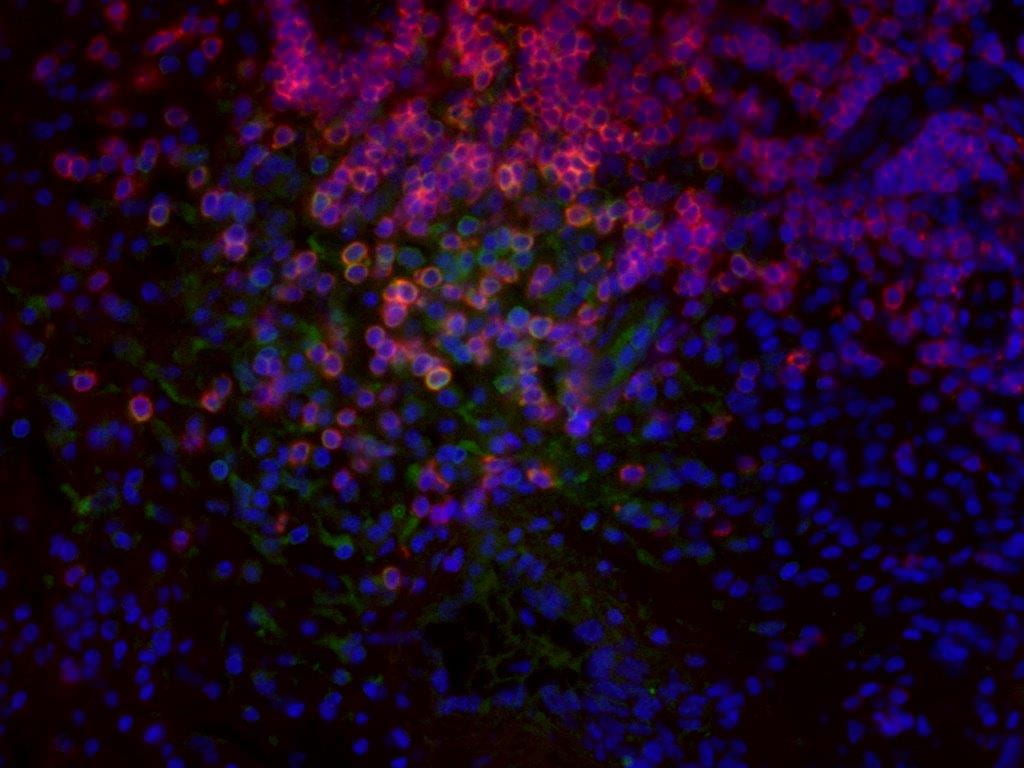
Research
Our research group utilises immunological, histological, and microbiological techniques to investigate the interplay between the host microbiome and immune system. We are interested in how the microbial communities change during disease, and how they can be manipulated during treatment. The aim of our translatable research is to improve health outcomes for patients that are affected by acute and chronic ear, nose and throat disease.
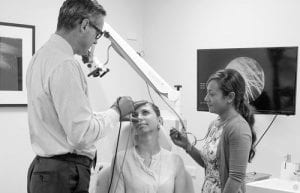
The role of the microbiome and immune system during chronic rhinosinusitis
Chronic rhinosinusitis (CRS) is a common, debilitating condition characterized by long‐term inflammation of the nasal cavity and paranasal sinuses. The sinonasal microbiota and the immune system are hypothesised to play a role in the pathogenesis and exacerbation of CRS. This project utilises a wide range of techniques including next generation sequencing, cultivation of bacteria, immunological techniques and histology to examine the interplay between the immune system and the microbiome. The results from these studies are translatable and impact patient treatment and outcomes.
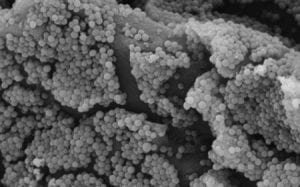
Effect of topical treatments on bacterial species isolated from the sinuses
The bacterial communities that colonise the human respiratory tract have immense influence on health and disease. In this study, we are investigating the effect of topical treatments on bacterial species that are isolated from the respiratory tract of people that experience chronic diseases such as chronic rhinosinusitis and cystic fibrosis. We want to understand how topical treatments can influence the growth of bacteria that are related to chronic respiratory disease. This project utilises cultivation techniques. Promising treatments that limit the growth of bacterial pathogens associated with disease can be trialled in studies with patients.
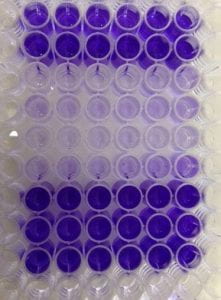
Longitudinal analysis of the airway microbiome in cystic fibrosis patients
Cystic fibrosis (CF) is the most common life-shortening inherited disease in New Zealand. There is currently no cure for this disease and life-long treatment is required. CF patients suffer from repeated bacterial infections and are prescribed several courses of antibiotics, which increase the risk of developing antibiotic resistance. Although the bacterial pathogens found in the lungs of CF patients have been researched extensively, it remains unclear if the same pathogens are also found in the sinuses. This project is a long-term study that investigates the bacteria in the sinuses and lower airways within the same CF patient throughout acute infections and when patients are clinically stable.
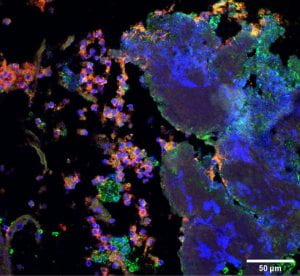
The role of the bacterial microcolonies in paediatric tonsillar hyperplasia
Tonsillar hyperplasia is one of the most common illnesses in children. Our group has previously found bacterial microcolonies in the tonsillar crypts of children with tonsillar hyperplasia that we think contribute to disease. This project utilises microbiological, histological and immunological techniques to investigate the role of these bacterial microcolonies in tonsillar hyperplasia.